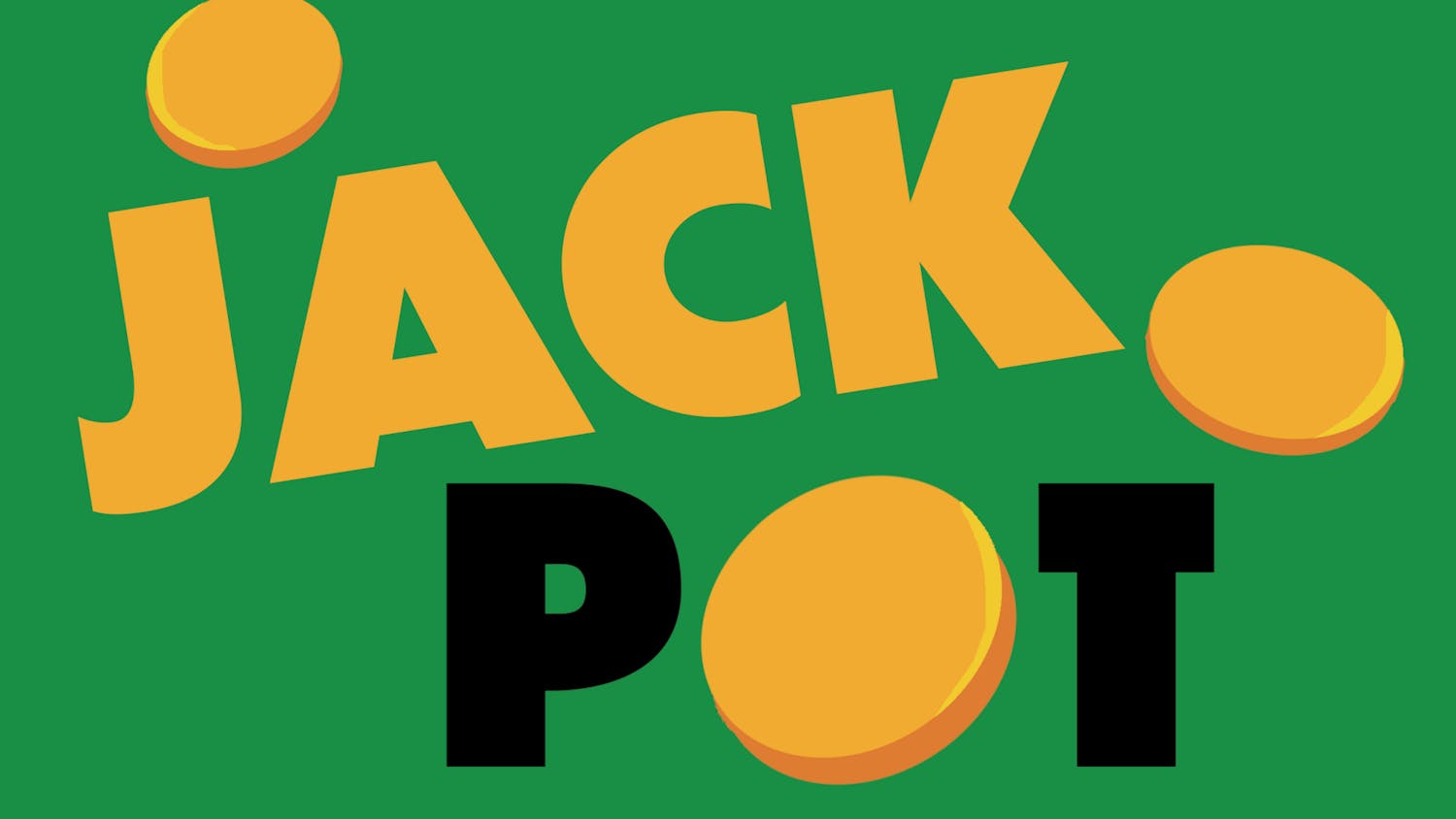After a long day at work, there are few things better than coming home to a cold drink and your favorite NBA team on primetime. With 30 teams across the United States, a growing global fanbase and endless ways to stream games, the NBA is connecting with fans like never before. Fans love NBA stars like ancient Greeks idolized mythological heroes. Within their stories, one can see Herculean feats of athleticism, determination and charitable acts that inspire generations of boys and girls, old and young.
While there is obvious glory that comes with being in the NBA, the trials are often hidden. That is where load management, the strategy of resting star players in regular season games, comes into the conversation. While managers have added analytics, changed offensive and defensive schemes and changed players' diets in attempts to improve a team’s chances of winning, nothing has been as controversial as load management. While some may condemn the strategy, it’s simply a reaction to the value that fans have placed on the playoffs.
For example, in 2016, the Golden State Warriors dominated the NBA, won an awe-inspiring 73 games and revolutionized the NBA in the process. While that was a towering achievement in sport, they were still considered failures after blowing a 3-1 lead against the Cleveland Cavaliers in next year’s finals. They were celebrated with a silver medal and mockery. If the culture of the sport disregarded the greatest regular season in the history of the sport, then teams shouldn’t prioritize it.
Load management prioritizes the health of players. While stars may not always have physical injuries to be rested from, they often need to be rested mentally. Mental health is an understated problem among basketball stars. Many NBA players suffer from a lack of sleep, and with stars like Demar Derozan and Kevin Love opening up about their mental health issues, it’s time to take mental energy into the equation as well.
While it’s true that the NBA is a global game, it still pales in comparison to the world’s game: soccer, in which load management works like a charm. Spain’s biggest team, Real Madrid, which won four Champions Leagues in five years, masters load management.
The key to Real’s success was resting its superstar, Cristiano Ronaldo, in La Liga games to keep him fresh for crucial knockout games. He repaid them by finishing as the competition’s top scorer in each of their campaigns with decisive performances against regular season champions of Italy, Germany and France. NBA players could reap similar trophy-laden benefits from following the team’s strategy.
Whether fans like it or not, load management is likely here to stay, unless the league takes drastic action. A solid solution would be to shorten the regular season from it’s tenuous 82 games to something more manageable like 64 or fewer. This would give each clash more weight and could give players more breaks in their schedules to ensure that they play in peak physical and mental condition.
Although NBA players may be gifted with seemingly mythological, superhuman abilities — they’re not fictional characters. They’re just as human as their admirers, and they’re simply trying to perform their best.
Adonis Fryer is a freshman studying communications at Ohio University. Please note that the views and opinions of the columnists do not reflect those of The Post. Do you agree? Tell Adonis by emailing him at af414219@ohio.edu.






